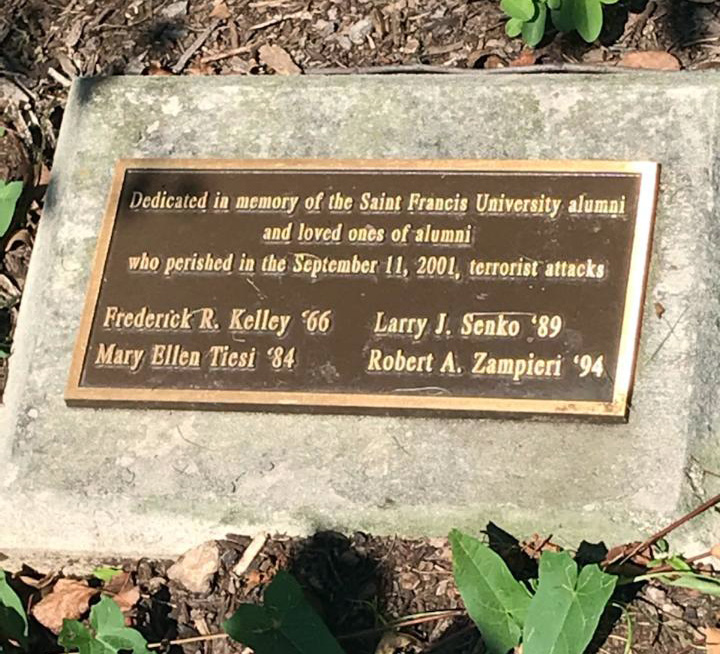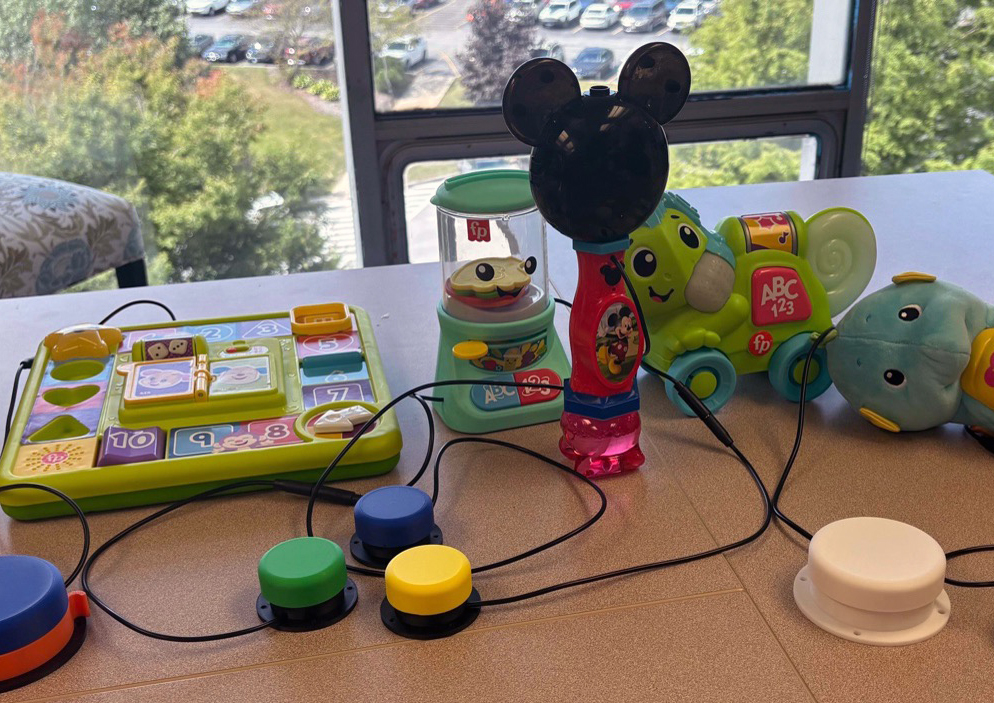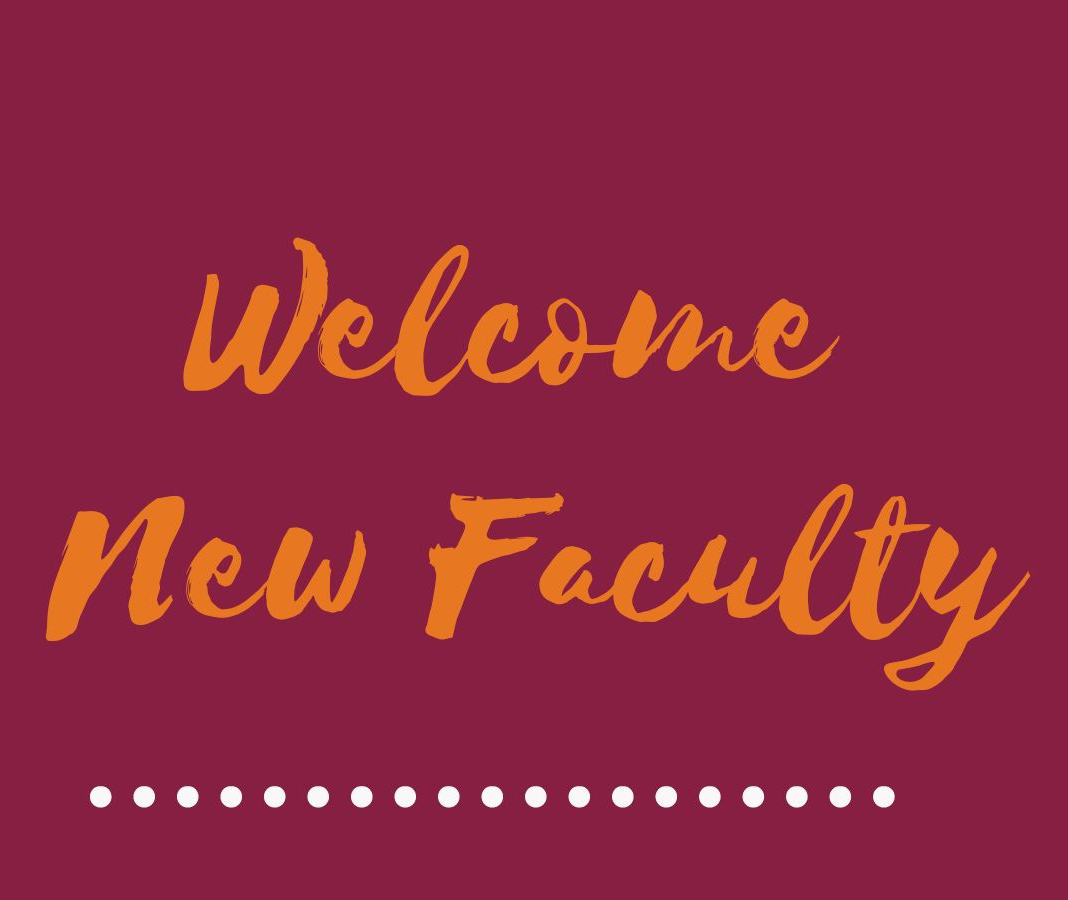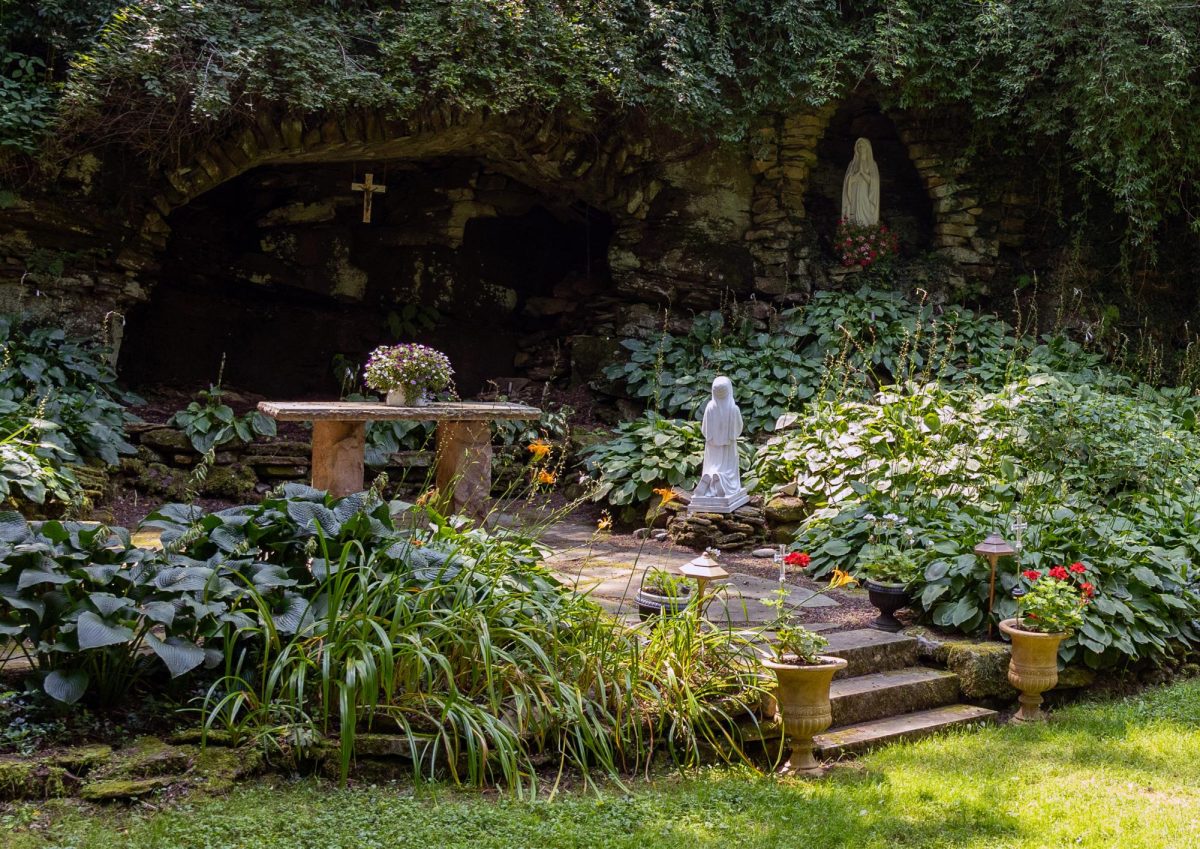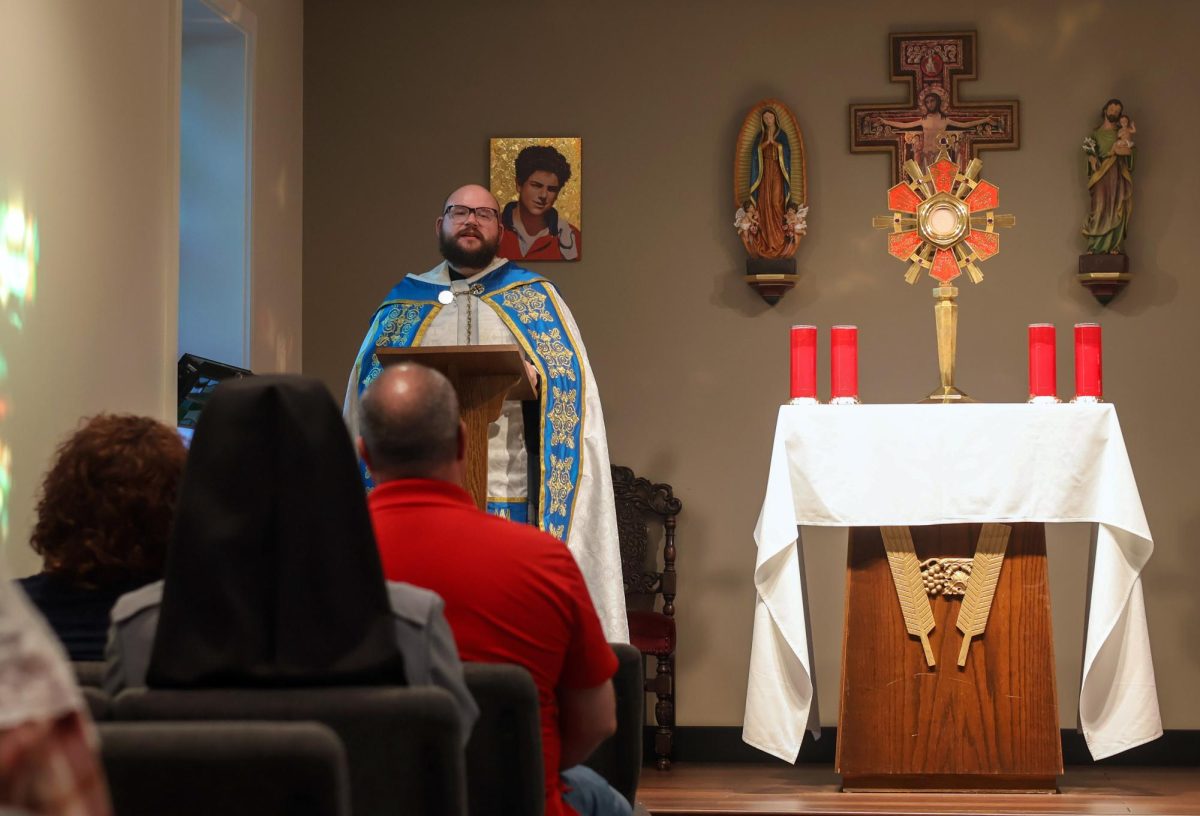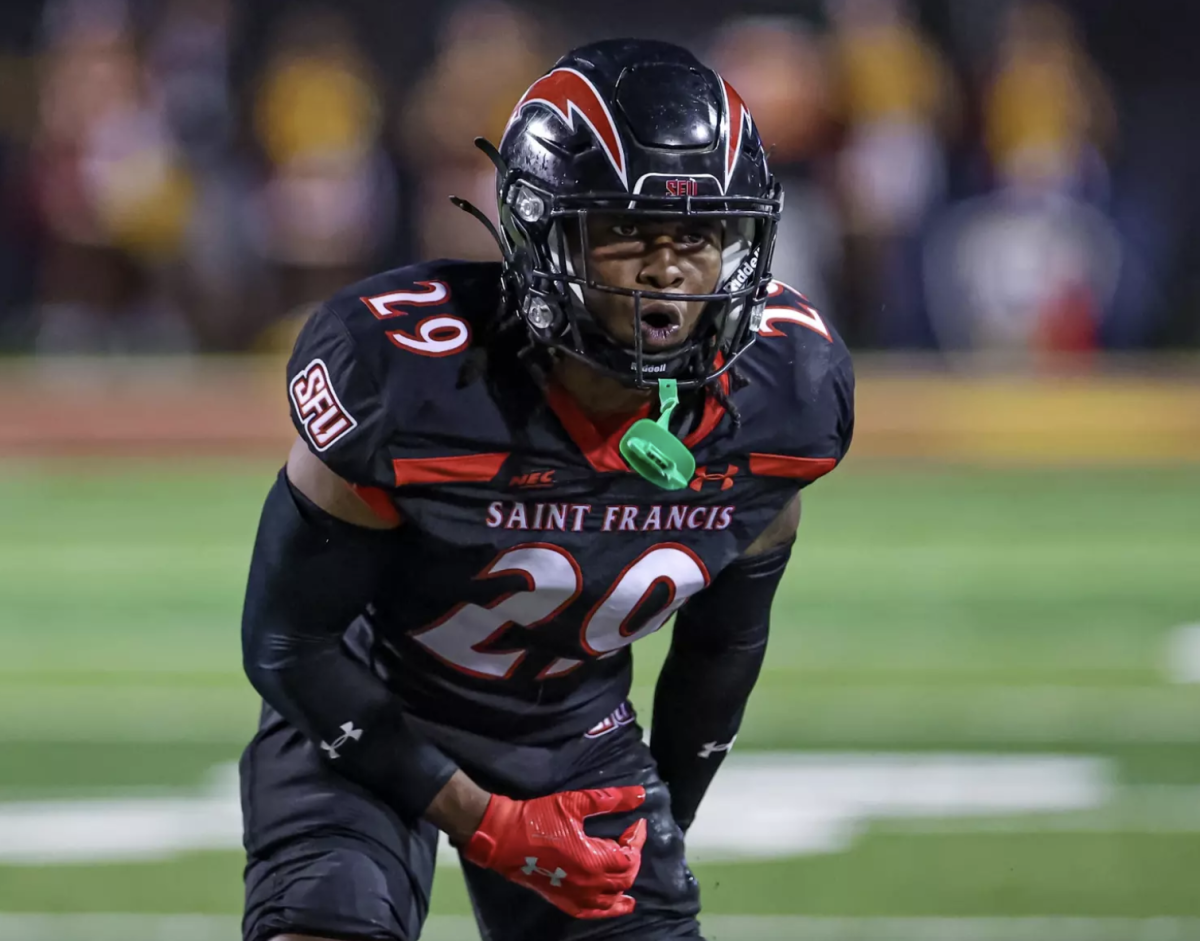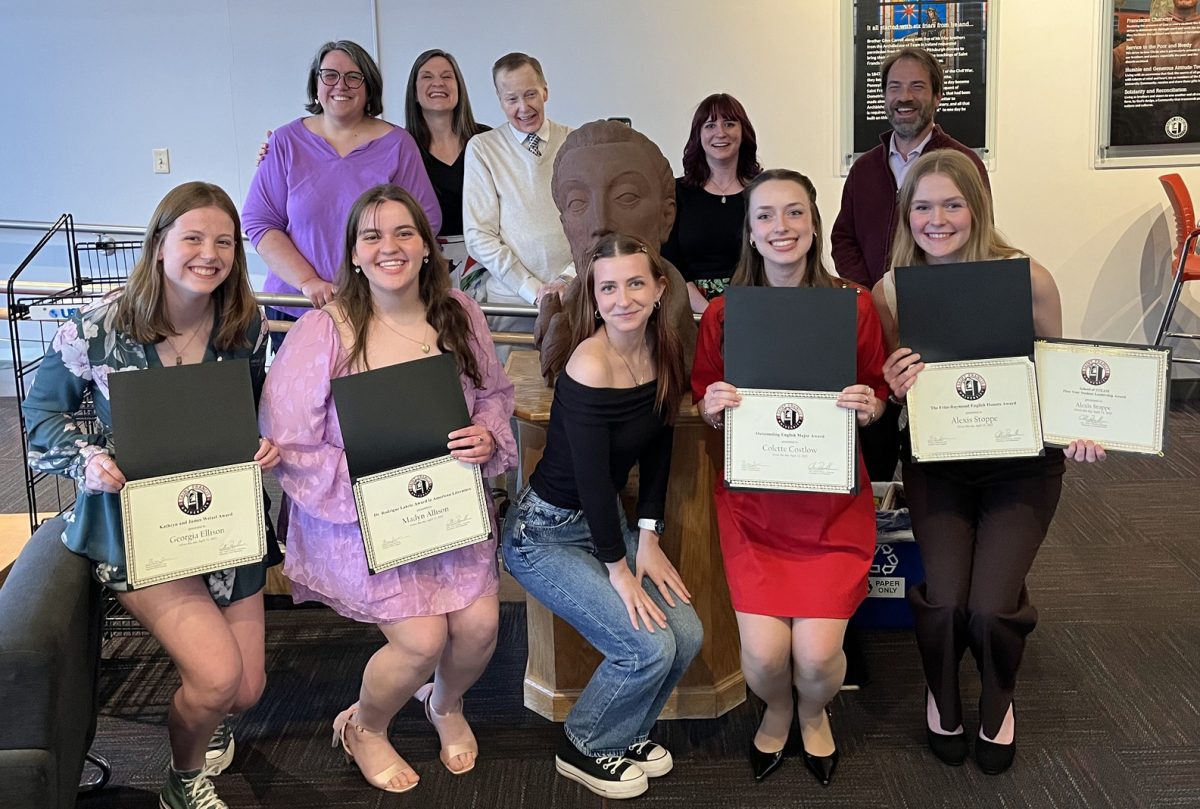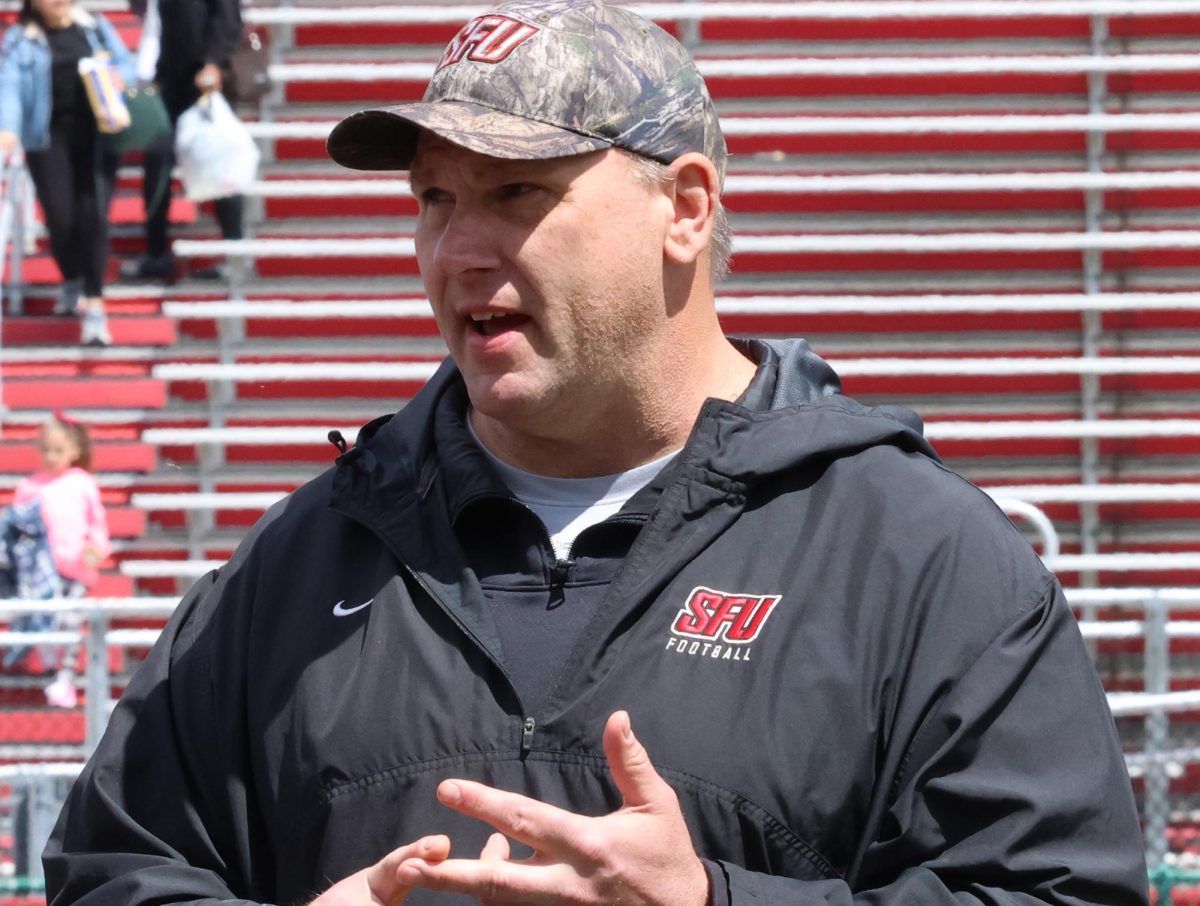With 10 days to go until the 2024 U.S. Presidential Election, both Vice President Kamala Harris and former President Donald Trump have ratcheted up their campaign rhetoric.
Both candidates have spent a lot of time in Pennsylvania in the race’s final weeks. The battle for the Keystone State’s 19 electoral votes – the largest number for any swing state – has made the commonwealth a popular destination for Harris and Trump.
Former President Trump held a rally in Latrobe last Saturday before attending the Pittsburgh Steelers’ home game the following evening. He is wrapping up a week-long bus tour across the state today. His Friday schedule includes rallies in Chambersburg, Carlisle and Hershey.
Last Monday, Vice President Harris held a rally in Chester County in southeastern Pennsylvania. She has been a frequent visitor to the state since becoming the Democratic presidential nominee in August.
According to a survey conducted by Inside Higher Ed and Generation Lab during the last week of September, Harris holds a significant advantage among college students nationally.
In the survey – one that included 1,012 college students across the U.S. and one with a margin of error of plus or minus 3.1% – 57% of the respondents said that they planned to vote for Harris, compared to 19% for Trump.
Fifteen percent of those who responded to this survey were undecided and 8% said that they did not plan to vote.
Here at SFU, students are considering the candidates and their positions as the race enters the final stretch.
“I think it’s really interesting that Kamala didn’t go to the Al Smith dinner, which has historically been a tradition of presidential candidates, and the last one to not attend lost horribly,” said Grace Sedewar, a senior Accounting major.
“Not saying she will (lose), but I’m eager to see if it has any correlation.”
A senior Business student who wished to remain anonymous believes that it is important for Americans to make an informed decision on Nov. 5.
“Understanding political initiatives like Project 2025 that have the potential to so heavily impact all aspects of American life as we know it is something that all voters should take into account when researching parties and candidates,” said this student.
“I think that the current political climate is driven by emotion and a lack of professionalism,” said senior Criminal Justice major Ian Perry. “If we want to progress as a society, we must forget the political affiliations and remember that we are all human.”
In the September survey of college students conducted by Inside Higher Ed and Generation Lab, respondents were asked “which of the following issues are most important in determining whom or what you’ll vote for in the upcoming election?” Participants were asked to choose three issues from a list of 14 on the survey.
Fifty-two percent of the respondents noted the “economy/cost of living” and 45% noted “reproductive rights.” The next issue most chosen by the poll’s respondents was the “future of democracy” (26%).
“The election for me really hinges on the future performance of the economy, the importance of Second Amendment rights and the direction of foreign policy,” said senior Accounting and Finance double-major Colton Long.
Senior Nursing major Bella Schlouch is concerned about the polarization in U.S. politics.
“As I was watching the presidential debates, it made me think of when George Washington said
‘as soon as we have parties, the country will fall,’” said Schlouch.
“If we don’t start understanding this, our country will fall apart.”
Senior Carmen Lefoer cited his faith as a factor in his election decision.
“I like how Trump gives glory to God for still being here after his surviving his assassination attempts,” said Lefoer. “I like that he is a believer of God and makes his decisions based on how God would want him to.”

